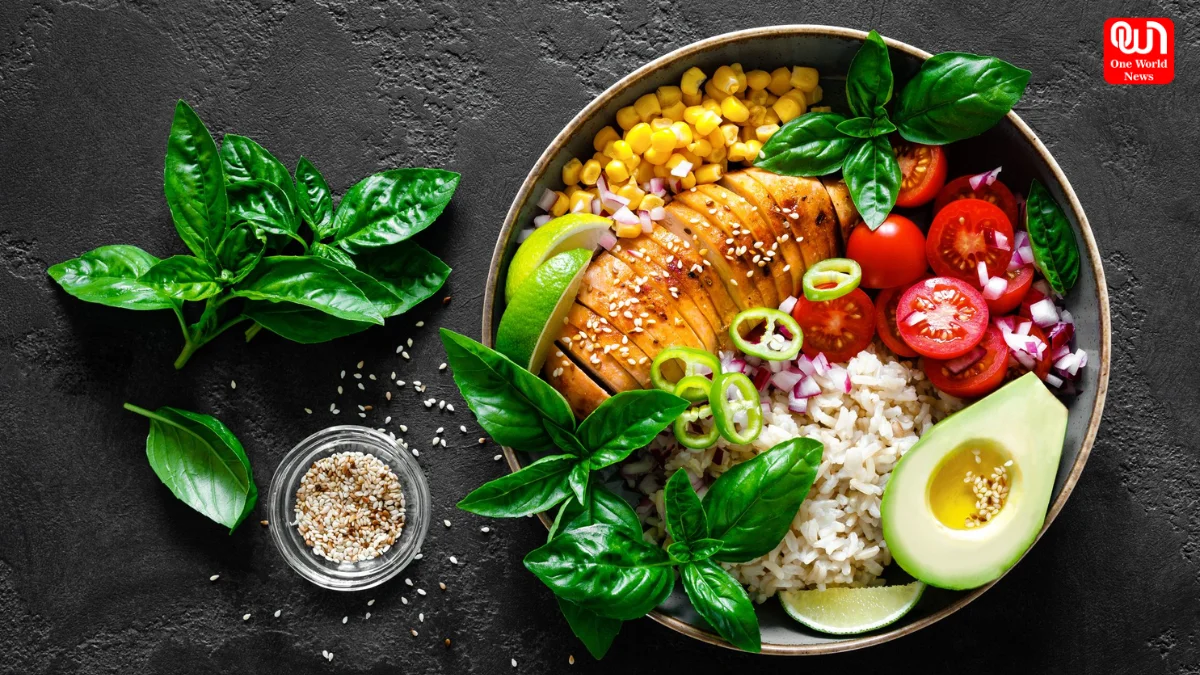Know the Top Foods For Muscle Growth!
The dietary intake should consist of high-quality proteins, healthy fats, and complex carbohydrates on a daily basis For muscle growth.
Top Foods for Muscle Growth: The WellHealth Guide
When it comes time for muscle growth, strength training alone isn’t enough; diet has an equally important role. The dietary intake should consist of high-quality proteins, healthy fats, and complex carbohydrates on a daily basis. Nutrition supplies the constituents necessary for muscle repair and growth while also providing energy for heavy workouts. Therefore, the inclusion of some specific foods high in nutrients markedly boosts muscle growth and general well-being.
1. Eggs
Eggs are a nutritional powerhouse, delivering high-quality protein, healthy fat, and a plethora of nutrients, including the B vitamins and choline. The protein in eggs supplies all nine essential amino acids, vital for muscle repair and growth. Leucine, one of the amino acids, is especially abundant in eggs and is crucial for muscle protein synthesis.
2. Chicken Breast
A staple of any muscle-building diet, skinless chicken breast offers a large quantity of lean protein necessary for muscle repair and maintenance. It offers about 26.7 grams of high-quality protein for each 3-ounce (85-gram) serving. It also gives generous amounts of some B vitamins, like niacin and vitamin B6, that help your body perform during the activity needed for maximizing muscle gain.
3. Salmon
Salmon contains protein in its preferred form and is rich in omega-3 fatty acids. Omega-3s are acids that occur naturally in salmon and could improve muscle health and even enhance muscle gain in exercise programs. In 3 ounces or 85 grams, salmon provides 17 grams of protein and omega-3 fatty acids in the amount of 1.5 grams.
4. Greek Yogurt
Greek yogurt offers a combination of fast-digesting whey protein and slow-digesting casein protein, important for muscle gain. Nonfat Greek yogurt contains about 10.3 grams of protein for every 100-gram serving. Thanks to its combination of fast- and slow-digesting protein, Greek yogurt is a perfect post-workout or nighttime snack for muscle recovery and growth.
5. Tuna
Tuna is considered very lean and provides slightly less than 20 grams of protein per 3 ounces (85 grams) served. It boasts outstanding contents of vitamin A and many B vitamins, including B12, niacin, and B6, which are needed for good health, energy, and exercise performance. Further, tuna provides omega-3 fatty acids, which may contribute to enhancing muscle health.
6. Lean Beef
Lean beef is exceptionally rich in high-quality proteins, B vitamins, minerals, and creatine. Some studies have suggested that the intake of lean red meat increases the amount of lean mass gained from physical exercise. When choosing your meat, select the lean cuts to avoid excess calories while still building muscle.
Read More : Wellhealth how to build muscle tag : A Complete Guide
7. Cottage Cheese
Cottage cheese is high in casein-the slow-digesting dairy protein that helps maintain muscle. A cup of low-fat cottage cheese contains about 24.2 grams of protein. Eating cottage cheese as a snack or before bed will help fight muscle breakdown during fasting periods, such as asleep.
Quinoa
The fact that quinoa is a complete protein, containing all nine essential amino acids required for muscle building, qualifies it for such use. The complex carbohydrates and fiber further provide energy for workouts. It can simply be added to meals to increase the protein intake of plant-based diets.
9. Chickpeas
Chickpeas make up a major part of the diet for vegetarians and vegans-it contains roughly 15 grams per cooked cup (164 grams). It is also a source of carbohydrates and fiber to help with both energy maintenance and digestion. Eating chickpeas provides a benefit in muscle gain especially for vegetarians.
Read More: Natural Skin Relief: 6 Expert Tips to Soothe Rashes and Itching
10. Almonds
Almonds are indeed very good sources of protein, mono-saturated fats, as well as vitamin E-all of which lend their activity to muscle repair and overall wellbeing. That makes around 7 grams of protein available from a quarter of a cup of almonds. They are wonderful to have on hand for snacking and help meet protein needs.
Feeding these foods into a well-balanced diet and combining this with strength training will lead to easier muscle development and better health. Protein should be spread throughout meals to maximize muscle protein synthesis; research shows that 20-30 grams per meal will be enough to absorb efficiently for muscle repair and growth.
We’re now on WhatsApp. Click to join.
Like this post?
Register at One World News to never miss out on videos, celeb interviews, and best reads.








